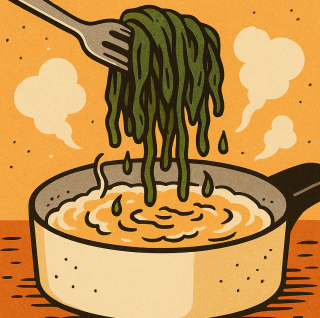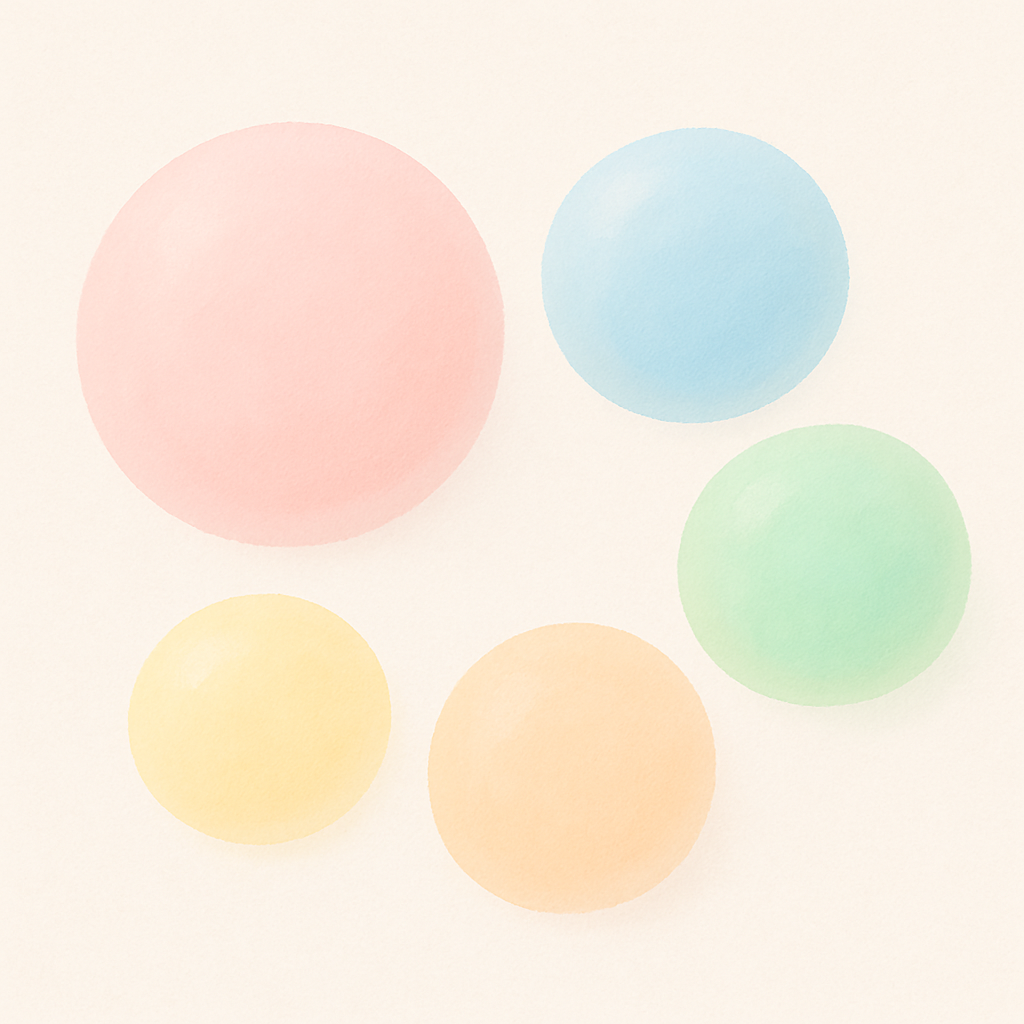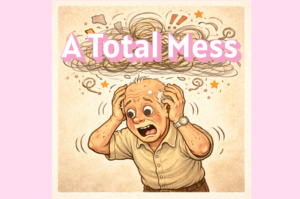Ever come home after a long day, collapse onto the sofa, and feel like your body’s turned into jelly?
That’s when the Japanese onomatopoeia “Kuta Kuta” (くたくた) comes in — a sound and feel of being completely worn out, physically or mentally.
Before we dive in, hear what it sounds like!
What is “Kuta Kuta” (くたくた)?
“Kuta Kuta” expresses deep tiredness or limpness — when all your strength has drained away.
It’s a core gitaigo (mimetic word) for physical sensations, not a sound.
It’s used for:
Someone who looks utterly tired or sluggish
Being completely exhausted after work or exercise
Food that has become too soft from boiling too long
Pronunciation
koo-tah koo-tah
(say it weakly, as if your voice itself is tired)
Categories
Condition / Emotion / Visual


What Does “Kuta Kuta” Look Like?
It looks like a tired office worker slumping over a table.
Like overcooked noodles that have lost their shape.
Like your whole body saying, “Please… no more.”

How Do You Say It?
Say it with no tension at all —
Kuta… kuta…
Let your breath trail off, like you’re melting into the floor.
Examples in Daily Life
Example 1: After a long day
He came home past midnight,
barely managed to take off his shoes —
kuta kuta…

Example 2: Overcooked vegetables
The spinach boiled too long —
it turned kuta kuta!

Cultural Note
In English, you might say:
“I’m dead tired.” or “I’m totally wiped out.”
But “kuta kuta” adds a texture — it sounds like your body melting from fatigue.
It can even apply to objects, giving a sensory image that English can’t easily express.
Watch & Feel the “Kuta Kuta” World!
Feel the Kuta Kuta — deep tiredness
When energy runs out,
when muscles give up,
when you just want to sink —
that’s “kuta kuta.”
They must be Kuta Kuta, yet they are so powerful.
Try Using It!
When your body feels like jelly after work…
When your mind is drained after study…
When even your voice feels tired…
Say softly:
Kuta kuta〜
















Comments